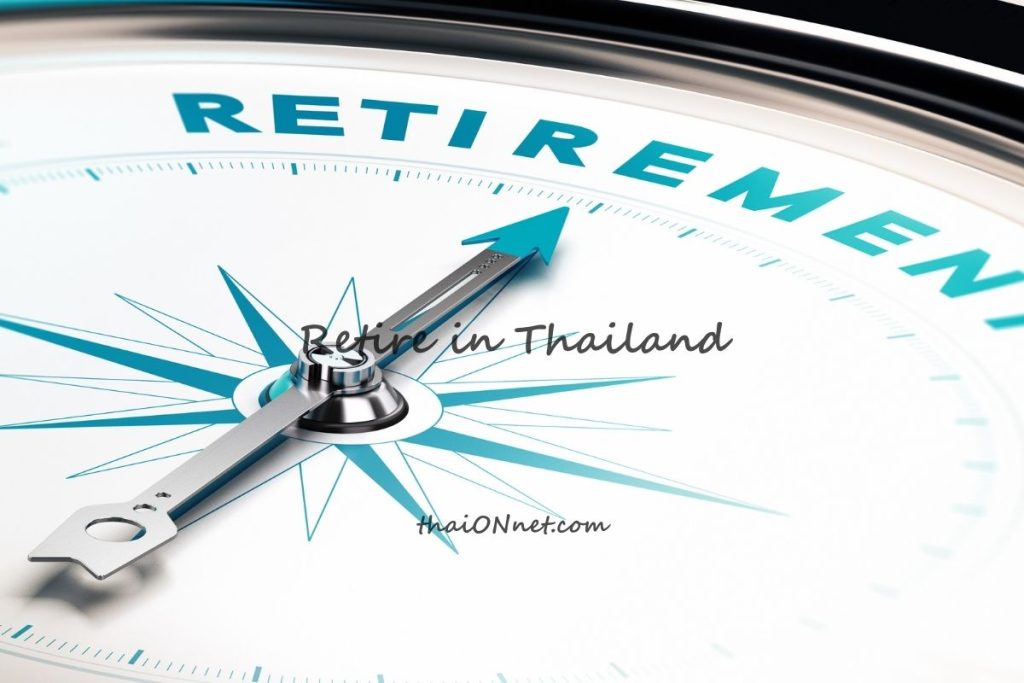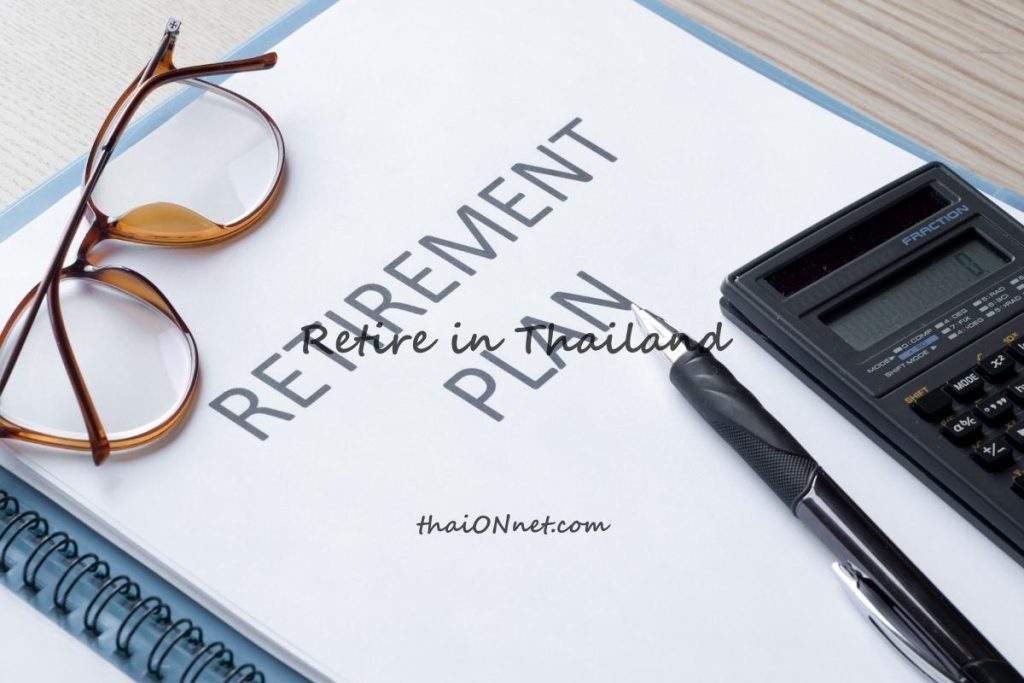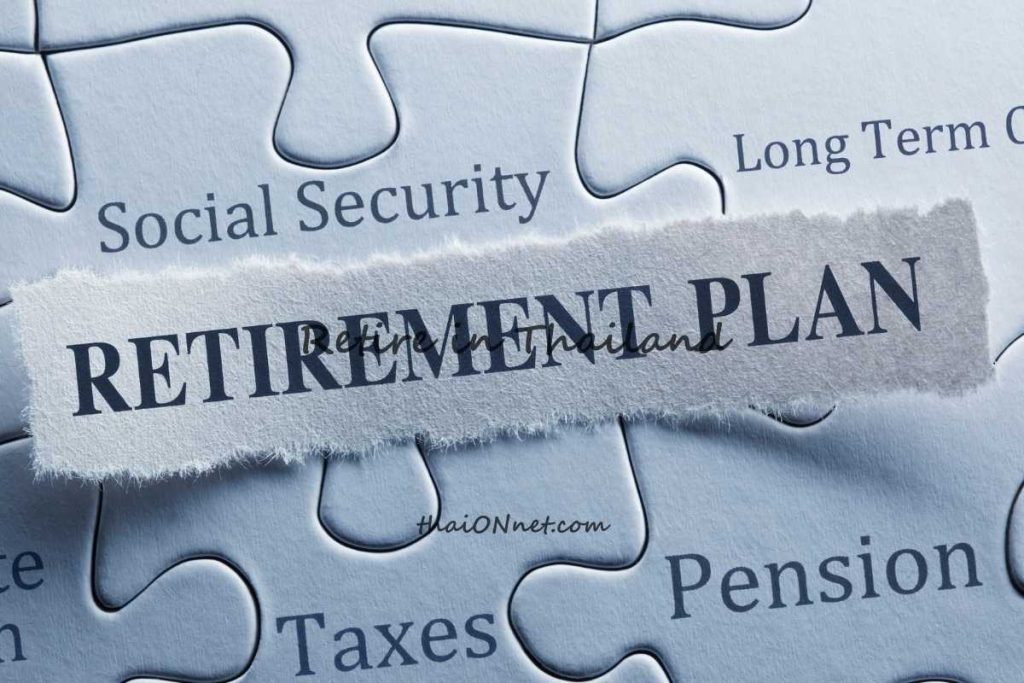- Introduction
- Why Choose Thailand for Retirement
- Understanding the Thai Retirement Visa
- Cost of Living in Thailand
- Best Places to Retire in Thailand
- Healthcare in Thailand
- Housing Options
- Cultural Considerations
- Financial Planning for Retirement in Thailand
- Staying Active and Social
- Navigating Language and Communication
- Legal Considerations
- Staying Connected with Family and Friends
- Travel and Leisure Opportunities
- Conclusion
- FAQs
Introduction
Retiring in a beautiful and exotic location is a dream for many, and Thailand often tops the list of desirable retirement destinations. But can you really retire in Thailand? What are the steps, benefits, and challenges of making this tropical paradise your new home? This comprehensive guide will answer all your questions and help you decide if Thailand is the right place for your retirement.
Why Choose Thailand for Retirement

Thailand, known as the “Land of Smiles,” offers retirees a warm climate, affordable cost of living, excellent healthcare, and a vibrant culture. The friendly locals, stunning landscapes, and rich history make it an appealing destination for those looking to enjoy their golden years in comfort and adventure.
Understanding the Thai Retirement Visa
Visa Requirements
To retire in Thailand, you’ll need a Non-Immigrant O-A (Long Stay) Visa, commonly known as the Thai Retirement Visa. Applicants must be at least 50 years old and meet financial requirements, such as a monthly income of 65,000 THB or a deposit of 800,000 THB in a Thai bank.
Application Process
The application process involves submitting the required documents, such as proof of income, a health certificate, and a criminal background check. It’s advisable to start this process well in advance and seek assistance from immigration experts if needed.
Cost of Living in Thailand

Housing
One of the biggest advantages of retiring in Thailand is the affordable cost of living. Housing costs vary depending on location, but you can find comfortable accommodations to suit any budget. Whether you prefer a city apartment or a beachside villa, there are plenty of options available.
Daily Expenses
Daily expenses such as food, transportation, and entertainment are significantly lower than in Western countries. Eating out at local restaurants, using public transportation, and enjoying leisure activities like movies or massages are very budget-friendly.
Best Places to Retire in Thailand
Chiang Mai
Chiang Mai, located in northern Thailand, offers a serene environment with a blend of modern amenities and traditional Thai culture. It’s known for its beautiful temples, vibrant markets, and friendly expat community.
Bangkok
For those who enjoy city life, Bangkok provides endless opportunities for entertainment, dining, and shopping. Despite its bustling nature, there are plenty of peaceful neighborhoods where retirees can settle down.
Phuket
Phuket, an island in the south, is famous for its stunning beaches and luxury resorts. It’s an excellent choice for retirees looking to enjoy a more relaxed, beach-oriented lifestyle.
Hua Hin
Hua Hin is a coastal town that offers a mix of beach life and city conveniences. It’s popular among retirees for its clean beaches, golf courses, and proximity to Bangkok.
Healthcare in Thailand

Quality of Medical Services
Thailand is known for its high-quality healthcare services, which are both affordable and easily accessible. Major cities like Bangkok and Chiang Mai have hospitals that meet international standards, with many English-speaking doctors.
Health Insurance
While public healthcare is available, many expats opt for private health insurance to ensure access to the best facilities and services. Various international and local insurance providers offer plans that cater specifically to retirees.
Housing Options
Renting vs. Buying
Retirees can choose between renting and buying property in Thailand. Renting is straightforward and flexible, while buying property involves understanding Thai property laws and restrictions on foreign ownership.
Types of Accommodations
From modern condos in the city to traditional houses in rural areas, there’s a wide range of housing options. Gated communities and retirement villages are also popular, offering additional security and amenities.
Cultural Considerations
Thai Customs and Etiquette
Understanding and respecting Thai customs is important for a smooth transition. This includes showing respect for the monarchy, learning basic Thai phrases, and understanding social norms like removing shoes before entering homes.
Festivals and Traditions
Thailand has a rich cultural calendar filled with festivals and traditions. Participating in events like Songkran (Thai New Year) and Loy Krathong (Festival of Lights) can enrich your retirement experience.
Financial Planning for Retirement in Thailand
Budgeting
Proper budgeting is crucial for a comfortable retirement. Consider all aspects of your new life, including housing, healthcare, travel, and daily expenses, to create a realistic budget.
Banking
Opening a Thai bank account is essential for managing finances. This makes it easier to handle local transactions and meet visa requirements. Many banks offer services in English and cater to expats.
Staying Active and Social
Expat Communities
Joining expat communities can provide social support and make the transition smoother. These communities often organize events, activities, and support groups that can help you make new friends and stay active.
Hobbies and Activities
Thailand offers countless opportunities to pursue hobbies and interests. Whether it’s joining a yoga class, learning Thai cooking, or participating in volunteer work, there’s something for everyone.
Navigating Language and Communication
Learning Basic Thai
While many Thais speak English, learning basic Thai phrases can greatly enhance your experience and help you integrate into the community. Language schools and online courses are widely available.
Communication Tools
Staying connected with family and friends is easy with modern technology. Use apps like LINE and WhatsApp for messaging and video calls, and consider getting a local SIM card for better connectivity.
Legal Considerations
Visas and Residency
Ensure you understand the visa and residency requirements and stay compliant with Thai immigration laws. Regularly renewing your visa and reporting your address to immigration are key responsibilities.
Legal Assistance
Consider hiring a legal advisor to help navigate the complexities of Thai laws, especially when it comes to property ownership, taxation, and healthcare directives.
Staying Connected with Family and Friends
Visits
Encourage family and friends to visit. Thailand is a popular tourist destination, and having loved ones visit can make your new home feel even more special.
Digital Communication
Use digital communication tools to stay in touch regularly. Video calls, social media, and instant messaging can help bridge the distance and keep you connected.
Travel and Leisure Opportunities
Exploring Thailand
Thailand is a traveler’s paradise, offering everything from bustling cities and historical sites to tranquil beaches and mountains. Make the most of your retirement by exploring all the country has to offer.
Regional Travel
Thailand’s location in Southeast Asia makes it easy to travel to nearby countries. Take advantage of your proximity to explore destinations like Vietnam, Cambodia, Laos, and Malaysia.
Conclusion
Retiring in Thailand can be an exciting and rewarding adventure. With its affordable cost of living, excellent healthcare, and vibrant culture, Thailand offers retirees a high quality of life and endless opportunities for exploration and enjoyment. By planning carefully and considering all aspects of living abroad, you can make your dream of retiring in Thailand a reality.
FAQs
1. Can I own property in Thailand as a foreigner?
Foreigners can own condominiums but not land. However, you can lease land for up to 30 years, with the possibility of renewal.
2. How much do I need to retire comfortably in Thailand?
The amount varies depending on your lifestyle, but a budget of $1,500 to $2,500 per month is generally sufficient for a comfortable retirement.
3. Is healthcare in Thailand reliable for retirees?
Yes, Thailand offers high-quality healthcare services, with many hospitals meeting international standards and providing care at affordable prices.
4. What is the process for obtaining a Thai Retirement Visa?
You need to meet the age and financial requirements, gather necessary documents (such as proof of income and health certification), and apply at a Thai consulate or embassy.
5. How can I stay connected with family back home?
Use digital tools like video calls, social media, and messaging apps. Encourage family visits and plan regular communication to stay connected.




